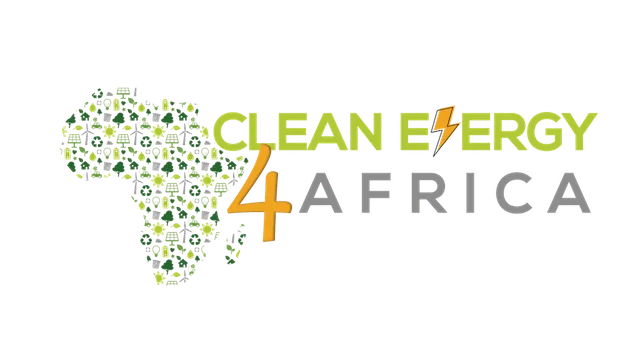
Renewable energy is an interdisciplinary field of study that merges between engineering, physical and social sciences, business and economics, and public policy
Renewable energy is a interdisciplinary field of study. It includes engineering (mechanical, electrical, chemical, and civil), business and economics, policy, architecture, climate sciences, and even social sciences. Hence, you can explore renewable energy through several disciplines based on your personal interest and long-term professional goals.
There are a number of principles when discussing renewable energy technologies that are useful to be aware of such as: renewable energy resource assessment, basic energy conversion principles, basic electrical engineering, energy management, and energy economics and policy, to name a few. Many online learning platforms like Udemy and Heatspring academy provide courses that teach these basics.
As a university student (or generally a person with interest in this field), you can take a number of steps to build technical knowledge in renewable energy and prepare yourself for a professional or an academic career. I would recommend three things:
- Read a lot outside your area of expertise: In other words, if you are an engineering undergraduate student, try to dedicate a few hours every month to build general knowledge in non-engineering aspects of renewable energy such as green businesses, energy economics, and energy policy. Don’t be afraid to get outside your comfort zone! When I was in my first year in the Ph.D. program, I worked on an individual research project as part of a core course on Sustainability. The course instructor then told me: “Mohamed! you need to wander into unknown territory sometimes to do good research”. I did! I did a research project on innovative financial models for residential rooftop solar in the U.S. Coming from a purely engineering background, this was quite hard, but I did it and I learnt a lot in the process.
- Stay updated about the global renewable energy market: According to the International Renewable Energy Agency (IRENA), the global renewable energy generation capacity by the end of 2018 was over 2.3 GW and has grown by around 8%. Globally, there are 50 countries and hundreds of cities that have 100% renewable energy goals. The global concern about climate change and sustainability has further driven interest in this field. Technological innovations, economies of scales, and policies are driving a rapid development in this multi-billion dollar industry. There are tons of online resources that can help you stay up to date; a couple of them are given in the Learning Resources page in this blog. Staying updated can help you plan your next career move or simply guide you to figuring out what you are most passionate about.
- Network! This is a great tip that helps you with job hunting, starting a business, or expanding the impact of your existing project. Put extensive effort in building connections with experts, engineers, scientists who are active in the renewable energy business through attending conferences, seminars, workshops, or any other social gathering. Remember that sometimes, even those weak social ties can be transformative in your life!
